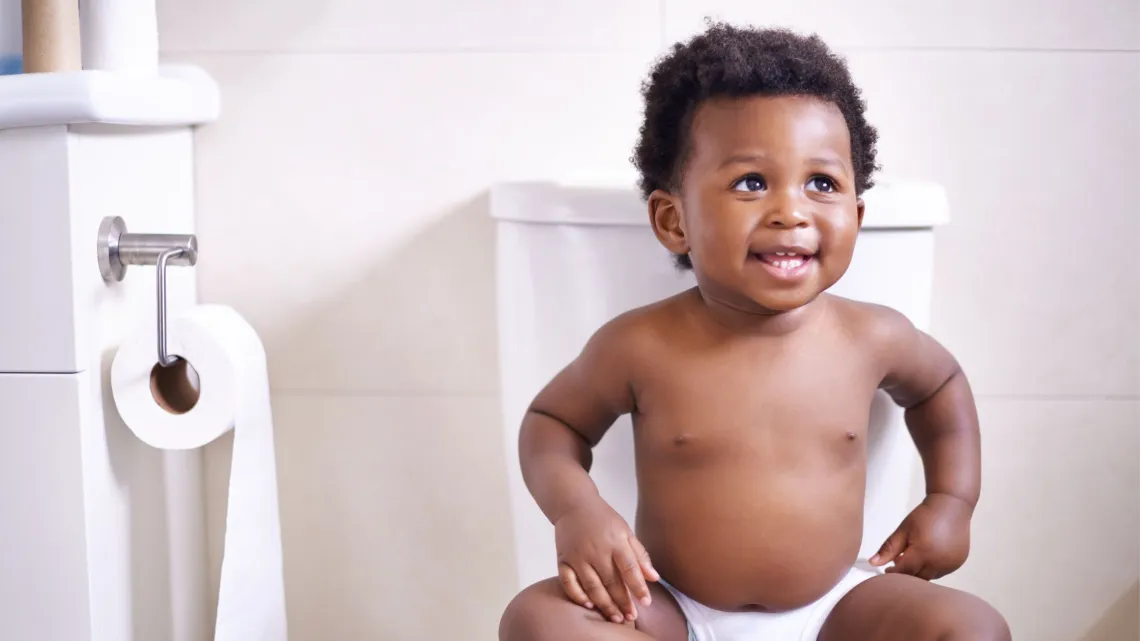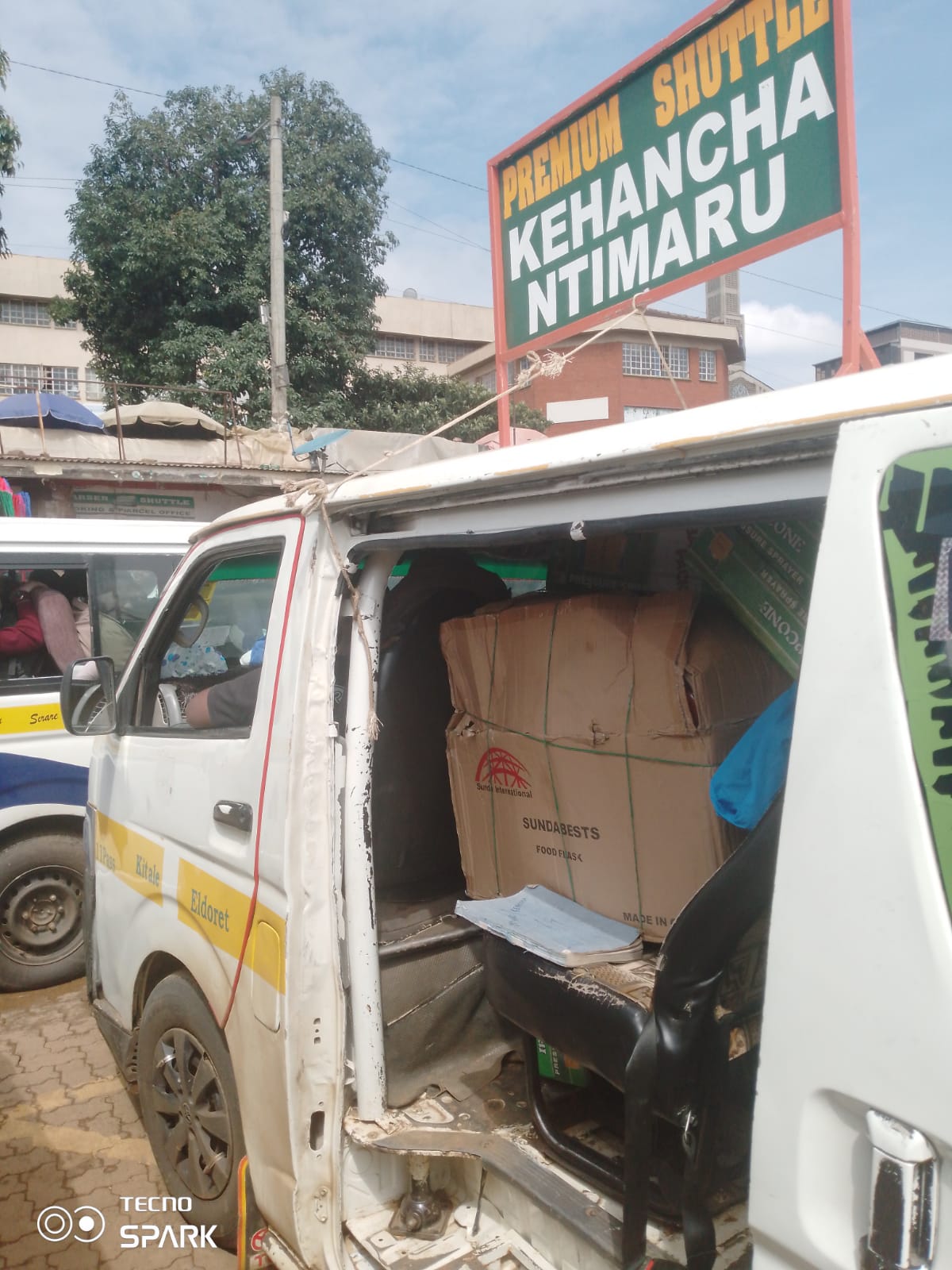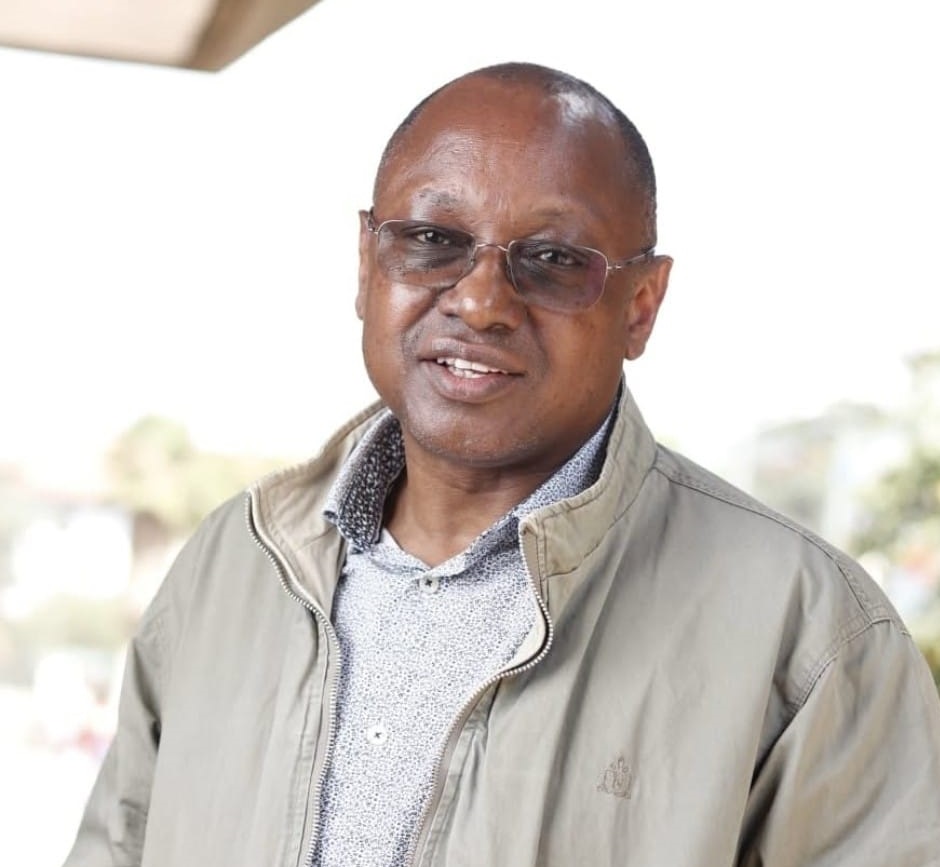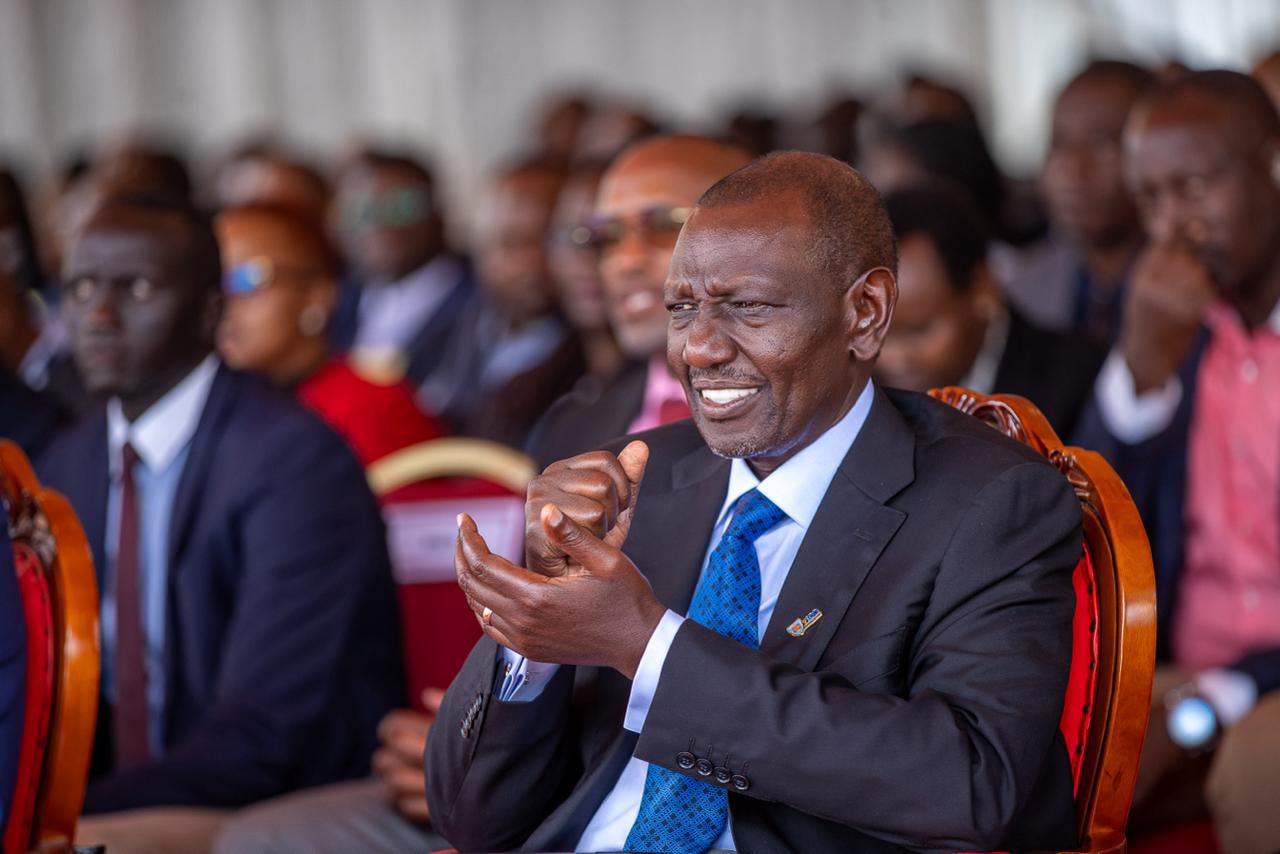Top researchers at the University College London (UCL) have embarked on an ambitious project to investigate people’s practices and techniques for toilet training children and determine what works best for the children, parents, schools, and the environment and why.
Dubbed THE BIG TOILET PROJECT, it is the first global and most ambitious attempt to understand people’s practices and techniques for toilet training children, to determine what works best for the children, parents, schools and the environment, and why.
Led by Prof Mark Miodownik and run by researchers at UCL, the project team is inviting people from around the world, whether just starting, in the middle of potty training, or at the end, to take the BIG TOILET PROJECT survey and share their toilet training experiences via the project website, https://bigtoiletproject.org.
Prof Mark Miodownik said, “I understand this is a sensitive and difficult issue for many families. I found toilet training my kids very difficult. We are doing this research because there is a potential win-win situation here. Finding effective and safe ways to toilet train children earlier helps the child and the parents, reduces costs to the family, and reduces plastic waste.”
ALSO READ:
Forced virginity through infibulation is the worst form of FGM
Dr Elze Porte, a materials and design researcher on the project, said that the engineering that goes into nappies is absolutely fantastic. They are super absorbent and help us provide essential care for children. But it is troubling to see a mountain of nappy waste and know that we will lose all of these materials by burning them or putting them in landfills.
“The information we hope to get from THE BIG TOILET PROJECT will go a long way to helping us figure out solutions, to be very intentional about when and how we use materials, ” he added.
Dr Ayşe Lisa Allison, behaviour science researcher on the project, said: “One of the reasons we are gathering information is to understand what kinds of behaviour change might help reduce nappy waste.
“We all have a role in shaping a caregiving culture and environment that enables less wasteful practices, whether that’s improving acceptance of and access to reusable and recyclable products or reducing overreliance on nappies by empowering caregivers with the confidence, time, and resources to support toilet training. If it takes a village to raise a child, it takes a village to tackle nappy waste too!” he said.
Dr Gema Amaya Santos, life-cycle analyst on the project, said: “The Mountain of nappy waste facing our planet demands urgent action. While the challenge is significant, it’s not insurmountable. Together, we are making progress by identifying key barriers and exploring enablers. Life Cycle Assessment is key because it reveals the environmental hotspots in the nappy lifecycle, allowing us to understand the implications of different changes within the system, pinpointing the impact of potential solutions.”
Dr Luba Prout, chemical engineer on the project, said: “At UCL, we are working on new ways of recycling nappies. For example, we are testing a number of different microbes, like bacteria, that have shown some natural ability to degrade the absorbent part of the nappy and exploring ways to make them better at doing this. Our research is still in the early stages, but it is important, as innovation is urgently needed to address this issue effectively.”
Bernard Okebe, Programmes Manager at Community Empowerment and Media Initiative in Kisumu (CEMI-K), Kenya, said this is crucial global research whose outcome would have a huge positive impact on the environment, especially in view of diapers.
“The world has been grappling with diaper disposal, and therefore, the research is expected to come up with a solution” CEMI-K is supportive and for partnering with such initiatives which are in line with the Organisation’s vision and Mission for a healthy society and clean environment,” noted Okebe.
Globally, every minute, more than 300,000 disposable nappies are sent to landfill, incinerated, or end up in the environment. With an increasing global population, that number is set to rise.
But other factors also contribute to this mountain of plastic waste.
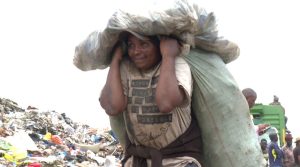
In many countries, children’s average toilet training age increased from 28 months in the 1950s to 37 months in the 2000s.
This means that the number of disposable nappies per child has increased, though the cause of this rise is unclear.
In the UK, there has been outcry and public debate about the large number of children who start school, aged 48 months, while still wearing nappies. This has led to ‘potty shaming’, parent blaming, and debates on school policy around nappy changing.
However, without information about the causes of the changing toilet training practices, finding good solutions has been challenging.
By Fredrick Odiero
You can also follow our social media pages on Twitter: Education News KE and Facebook: Education News Newspaper for timely updates.
>>> Click here to stay up-to-date with trending regional stories
>>> Click here to read more informed opinions on the country’s education landscape


